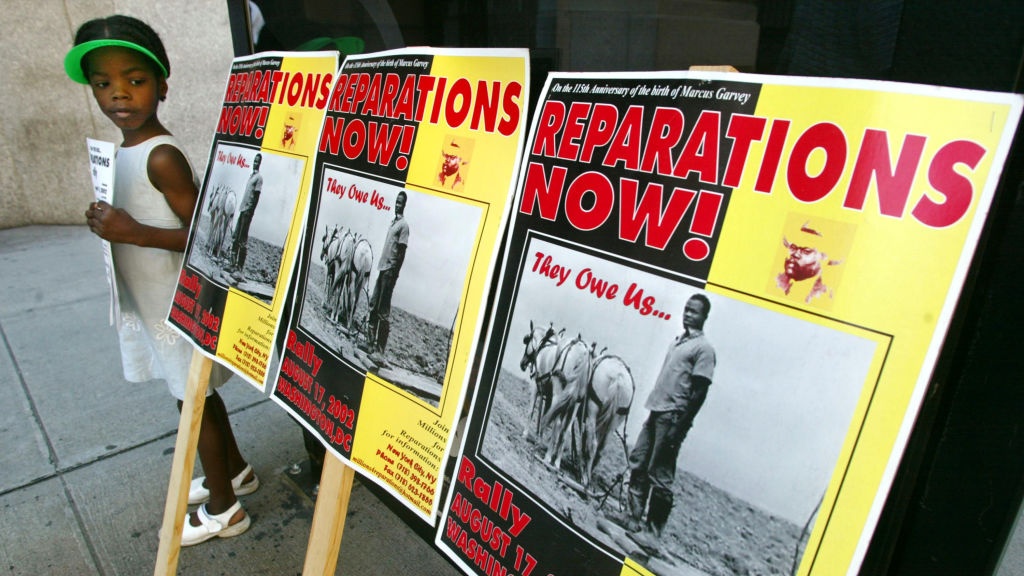North America's largest Jewish movement has voted to launch a nationwide commission to study and kickstart plans for reparations, reports the Jewish Telegraphic Agency.
At the December 13 biennial meeting for the Union for Reform Judaism, attended by 5,000 members, the union declared its support for slavery reparations.
Founded in 1873 and previously known as the Union of American Hebrew Congregations, over 1.5 million Jews belong to the Union for Reform Judaism. Members of the major Jewish denomination concluded that unless proactive steps were taken not only acknowledge the damage that slavery has inflicted but to remedy these effects, it would be a topic spoken about with little to nothing done to fix it.
WATCH: The moment the Reform Movement became the first major Jewish institution to endorse reparations for U.S. slavery at #URJBiennial
pic.twitter.com/MZ7QSb4pa7— Religious Action Center of Reform Judaism (@TheRAC) December 13, 2019
The study will not concentrate on a dollar amount but rather "expressions of remorse, education, monetary compensation, and more," according to HuffPost.
Yolanda Savage-Narva, the vice-chair of Reform Judaism's Commission on Social Action, who is also a Black Jewish woman, spoke with HuffPost about the decision.
"Looking at something like reparations for Black people in this country is something that is very important when we're thinking about healing the racial wounds that have been inflicted on this country for at least 400 years," Savage-Narva said.
Many white Americans have stayed mute on the subject of reparations. However, Rabbi Rick Jacobs, the president of the Union for Reform Judaism, said it's the organization's responsibility to advocate on behalf of Black Americans in this regard.
"We must be anti-racist. That means taking an active part to eliminate racism in our society," Jacobs said in his keynote statement. "It’s our job as Reform Jews to continue this fight. We must face down the structures of racism and we must knock them down."
As the debate continues about whether reparations are necessary or a suitable atonement for grave wrongs, there have been solid steps taken to establish reparation programs.
Lawmakers in Evanston, Illinois, created a reparations fund from the sales of recreational marijuana. The initiative was spearheaded by Evanston’s 5th Ward Alderman Robin Rue Simmons and is due to begin on January 1 as Blavity previously reported.
"Evanston has been preparing to lead the nation in this way for years. We have celebrated diversity, although it’s drive-by diversity. We honor our diversity and efforts for inclusion, ceremonially in resolution, in our traditions, there’s evidence of it throughout town in public art," Ald. Simmons said. "We have created a chief equity officer position, we have appointed an Equity and Empowerment Commission, we have an equity lens that we use in our staffing, and we’re not alone. Many of the institutions and nonprofits in town express the same commitment."
In September, Virginia Theological Seminary announced its intentions to place $1.7 million in an endowment fund for the descendants of slaves "to repair the material consequences of our sin in the past."
The following month, The Princeton Theological Seminary, which is not affiliated with Princeton University, announced it would set aside $27.6 million to atone for benefiting from slavery.

